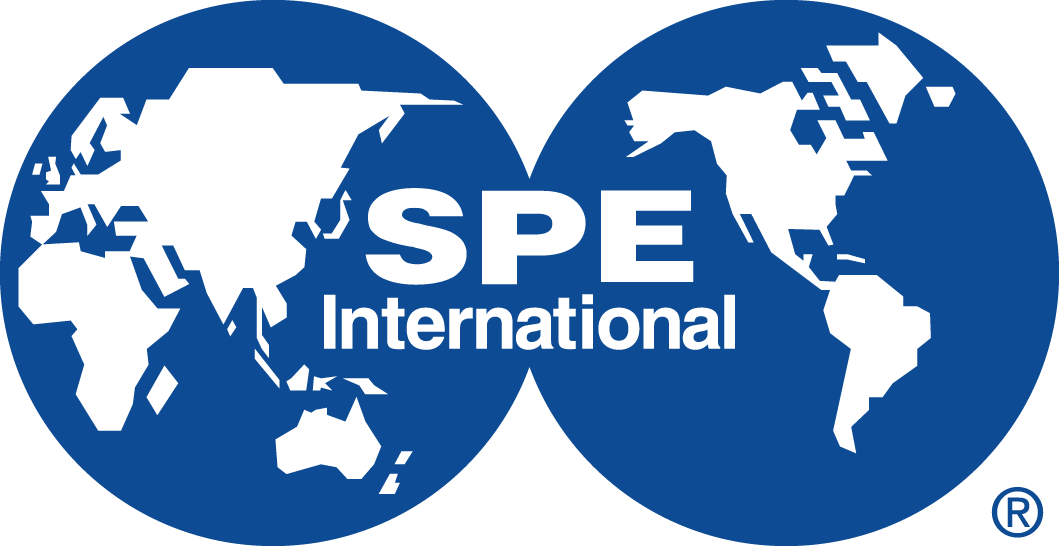Session 2: Innovations, Future Trends, and Technological Advancements in Mercury Management - Part 1
Session Managers: Suzalina Zainal, PETRONAS; Khairiraihanna Johari, Universiti Teknologi PETRONAS (UTP)
Mercury contamination remains a critical environmental and industrial challenge, requiring continuous advancements in its prediction, detection and remediation technologies. This session explores latest innovations in mercury proactive and reactive interventions, which may include prediction, detection, capture, removal, and other mitigation strategies, focusing on emerging materials, integrated treatment approaches, and process optimisations.
Key topics include the development of advanced prediction/detection tools, as well as mechanical and chemical technologies. These include adsorbents such as metal-organic frameworks (MOFs), functionalised resins, and nanomaterials, for their efficacy in mercury capture applications. Additionally, remediation techniques that integrate multiple removal technologies - such as mercury particulates capture and removal, adsorption, advanced oxidation processes (AOPs), and biological treatments - have been explored and proven to be effective in controlling mercury contamination.
Future innovations in mercury management are expected to focus on several key areas and methodologies, including software/tools, mechanical/process, and chemicals. A hybrid removal system that integrates multiple remediation technologies, along with the use of renewable and cost-effective raw materials with stronger emphasis on economic and feasibility assessments, will enable good evaluation of associated production costs and operational expenses leading to a more effective and sustainable mercury management solutions.
Discussion Leaders:
- Application of Non-conventional Technologies in Mercury Removal from Natural Gas Processing Plant by Raymond Ooi, OLEOLOGY
- Innovative Approach for Managing Organic Mercury in Oil and Gas Production by M Rafiq Hamdan and Hamdi Mohamad, PETRONAS Carigali Sdn. Bhd.
- Enhancing Sulfur Efficacy in Mercury Removal from Natural Gas Condensate and Produced Water by Sharizal Bin Mohd Azam Shah Wong, PETRONAS
- Plasmonic Mercury Sensors for Oil and Gas by Jay James, Picoyune

